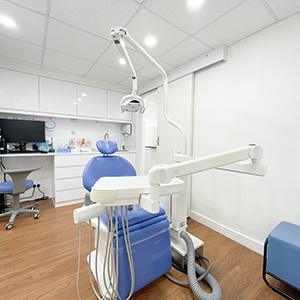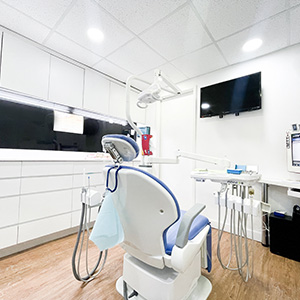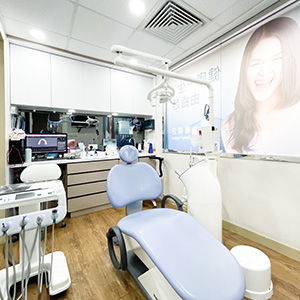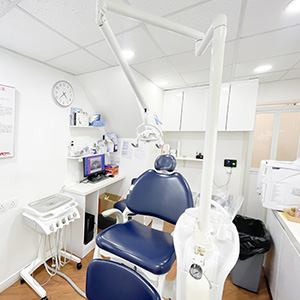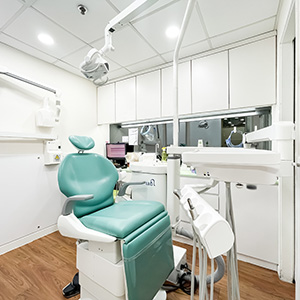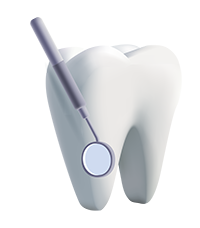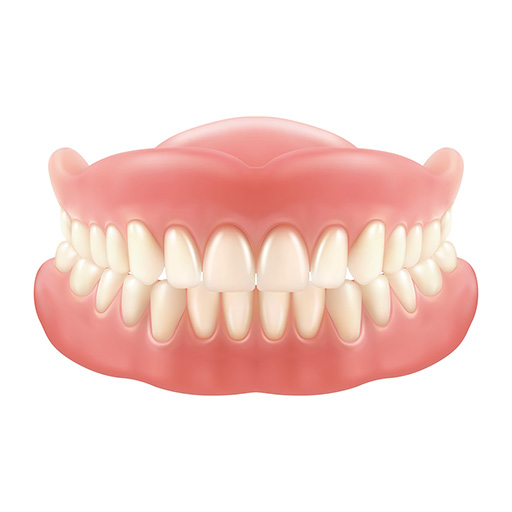
Removable Dentures
Removable dentures are an alternative to natural teeth, which can be lost or damaged due to various reasons. They are used to replace missing teeth and help chew food. Nowadays, dentures come in different types made up of different materials such as metal, acrylic, composite of a porcelain and metal mix, and even plastic.
Types of Removable Dentures:
- Complete Denture
Full dentures are designed to replace all of a patient’s teeth at once.
Utilizing oral muscles, the removable denture is secured on the jawbone, with the denture and oral mucosa mutually adhering to each other.
If there are dental implants in the jawbone, an attachment device on the implants can be used to secure the full denture. - Partial Dentures
Partial dentures are used to replace a set of teeth, but not the entire set of upper or lower teeth.
By using metal clasps extending from the base of the denture, the removable denture is secured onto natural teeth.
If there are dental implants in the jawbone, an attachment device on the implants can be used to secure the full denture.
Dentures Treatment Process
- First, the dentist takes upper and lower dental impressions of the patient, as well as the bite position of the teeth.
- The dental laboratory fabricates the base of the removable denture and uses wax to secure the artificial teeth to the denture base.
- The patient comes to the clinic for the first trial fitting of the denture. The dentist makes necessary adjustments.
- Further processing of the denture base is carried out in the dental laboratory.
- After the dental laboratory completes the removable denture, the patient returns to the clinic for another fitting session, during which the dentist makes necessary adjustments.
Q&A
- When Is The Right Time For Dentures?
- What Are The Advantages Of Removable Dentures?
- What Are The Disadvantages Of Removable Dentures?
- What Should Be Noted After Fitting Dentures?
- How To Adapt To Wearing New Dentures?
After a tooth is extracted, the alveolar bone will begin to shrink. The degree of alveolar bone shrinkage is generally stable three months after tooth extraction, which is also the most suitable time to fit removable dentures.
- Simple, affordable.
- A single denture can support one or more false teeth.
- There is an adjustment time to get used to having it in your mouth
- Due to inadequate support, they cannot fully restore chewing ability.
- If not taking care of the denture properly, they can easily damage remaining teeth or gum tissue.
- Accelerate resorption of the alveolar bone, requiring replacement of the removable dentures every 4-5 years.
- Rinse the dentures and soft material after each meal and soak daily for 20 minutes in alkaline hypochlorite.
- Before putting on the denture, teeth should be cleaned first.
- Do not wear dentures during sleep.
- When the denture is not in use, it should be soaked in clean room temperature water or specialized denture cleaning solution, avoiding the use of hot water or corrosive cleaners.
- If the denture is damaged or cracked, it should be repaired by a dentist.
- Regular dental check-ups should be scheduled to ensure the denture remains in optimal condition.
Many first-time users complain of having a “full-mouth” sensation, as if their dentures are too large and pulling their lips forward. The sensation will pass as you become used to wearing dentures. At first, they might not feel like they fit properly. They could make you “gag” or nip at your tongue or cheek. It could take some time for your tongue to become used to feeling rubbed against the denture rather than your palate if you wear an upper denture. Not to worry. These issues will eventually become better.
Excessive saliva, a sense of oral constriction, mild irritation, or slight discomfort are normal reactions. If persistent intolerable discomfort occurs, contact a dentist promptly for professional advice.




